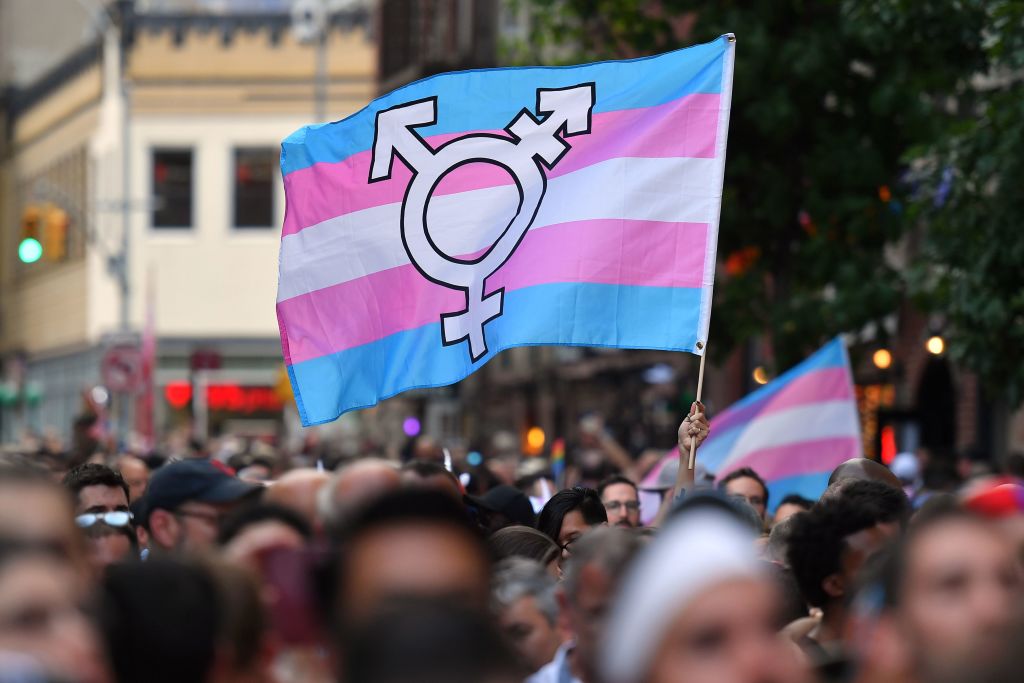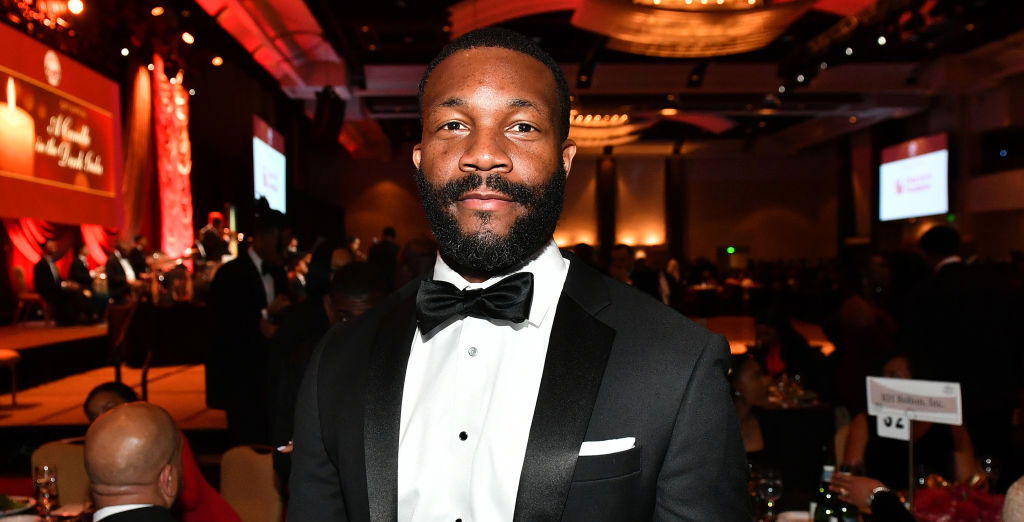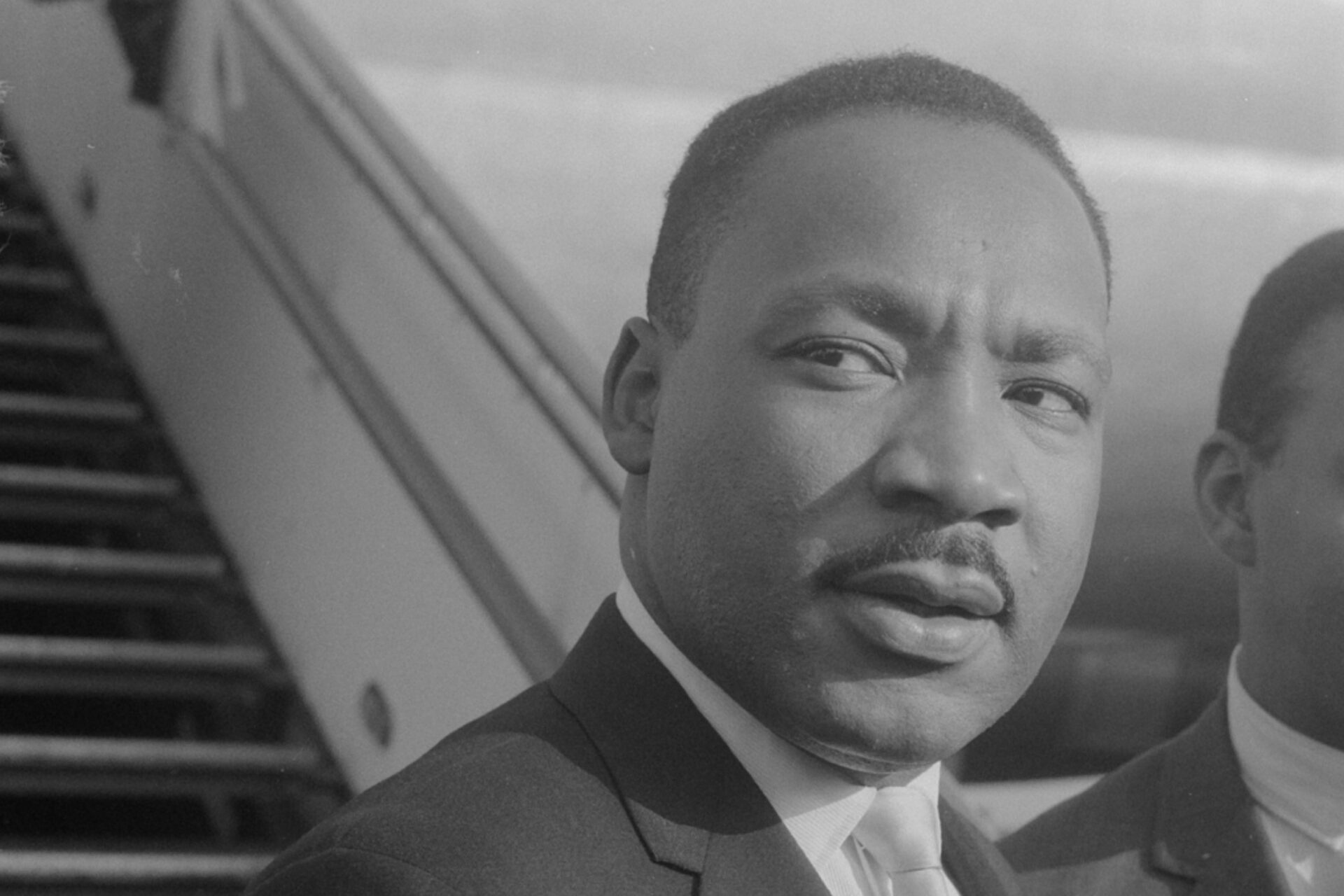
January 26, 2025
‘Today’ Show Host Sheinelle Jones Taking Break From Show Over Family’s Health
The television host thanked her fans and 'Today' show family for their support during this time.
Sheinelle Jones, a popular host on NBC’s Today, has announced that she will be taking a leave of absence from the show due to a family health matter.
Fans became worried about Jones after she stopped appearing on the morning show’s third hour. She stopped on Dec. 18, leaving viewers wondering about her own well being. She first joined the show, co-hosting with Al Roker and Dylan Drewer, in 2014.
Over a month later, the 46-year-old has shed a little light as to why she decided to take a break from her on-screen profession. Jones posted the announcement to Instagram, expressing her appreciation to those who reached out during this time.
“I sincerely appreciate all of you who have reached out while I’ve been absent from the show,” she wrote. “I want to share with you that I’m taking time to deal with a family health matter.”
The mother added, “It’s not lost on me how lucky I am to have not only the support of my ‘Today’ show family, but to also have all of you. Your kindness means so much to me. I’ll see you soon.”
As for what exact health issue has occurred, Jones remained mum on the details. However, a source confirmed with People that it does not involve her intermediate family. Jones has three teenaged children with her husband, Uche Ojeh.
Despite this, the source disclosed that the health issue remains “serious,” leading her to step back from the daytime program. Jones had become a beloved face on Today, branching out to build her own brand that focuses on motherhood.
“Even while I was writing this, there were times that were really tough and I would be writing a chapter with Lucille O’Neal, Shaq’s mom, and she talked about alcoholism, and I’m going through my own thing and I’m like, ‘You know what? She was able to push through that and motherhood didn’t stop,” she told the news outlet.
Calling it a “love letter to moms,” Jones hopes the book will inspire mothers to keep going no matter the obstacles.
“And so I think you’ll find a thread at the end of this book. I hope it’s inspiring,” she added. “I hope people laugh a little bit. They may shed a tear or two, but ultimately it’s my love letter to moms.”
While fans will miss seeing Jones on television, she hopes to return to Today soon to keep captivating audiences.
RELATED CONTENT: A Dream Come True: TODAY Show Host Sheinelle Jones Performs Alongside Idol Janet Jackson








